Manufacturer: MSI
UK price (as reviewed): £169.99 (inc. VAT)
US price (as reviewed): $159.99 (exc. tax)
If you've been scoffing at the prices of other X570 boards we've reviewed then you're likely not alone. They certainly offer a huge range of premium features, but if you just want PCIe 4.0 support for that shiny new 5,000MB/s SSD, then there are, thankfully, cheaper options. The MSI X570-A Pro is one of them, and at £170 it's reasonably-priced for any ATX motherboard these days, not just X570. But just what has MSI had to sacrifice to get down below £200, and can it still overclock the Ryzen 9 3900X as well as more expensive competitors?
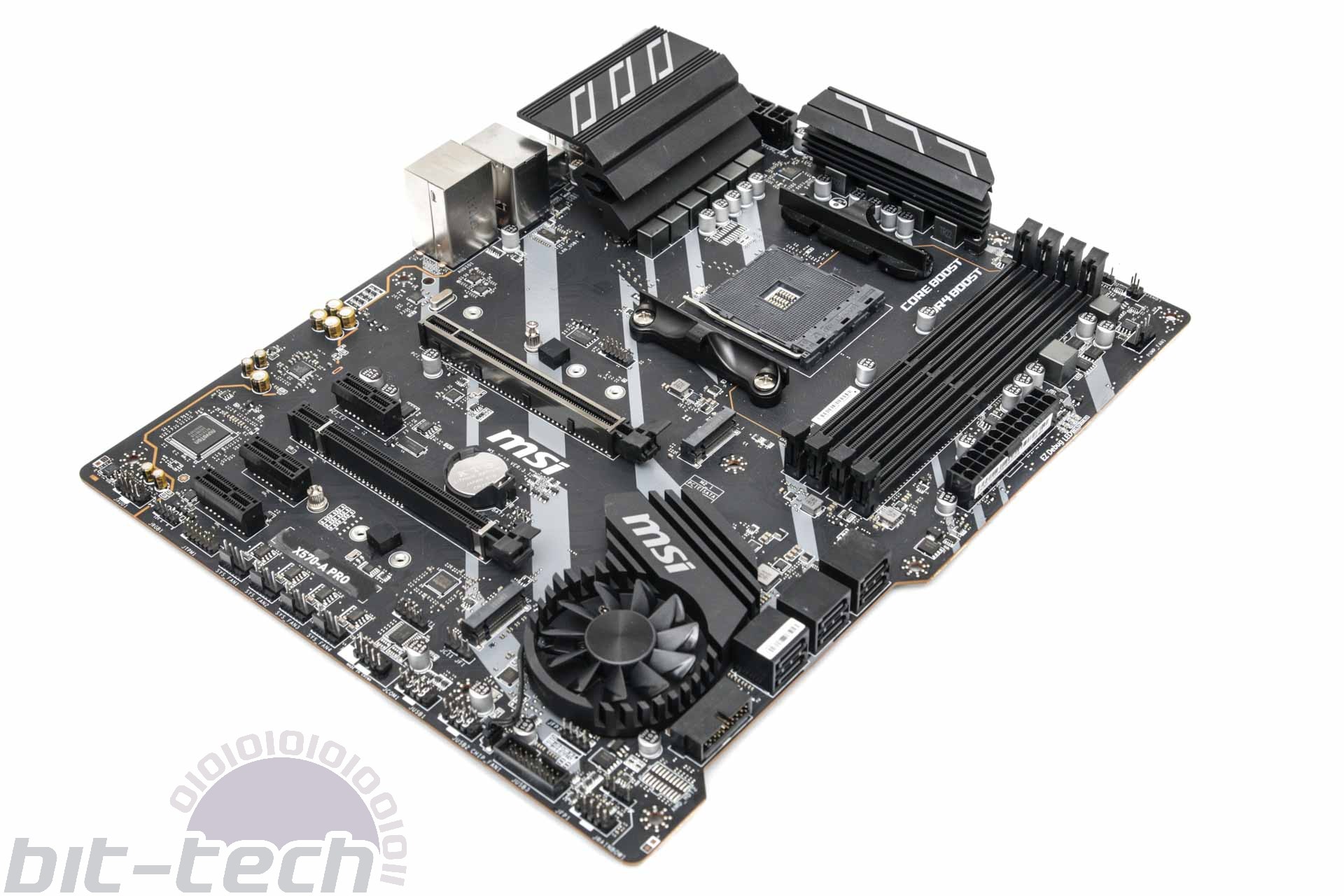
The board is fairly plain to look at apart from a patterned PCB and MSI's signature X570 chipset fan, which, incidentally, was just as quiet as the one on the Prestige X570 Creation, rarely spinning up despite the fact its heatsink is far less bulky than that on the more expensive board.
The VRMs offer a relatively lowly eight phases to the CPU (10 in total), and under load these did get undeniably toasty, with the software reporting 78°C under a sustained 10-minute load test and our own manual measurements (via IR thermometer) being only a few degrees south of this.
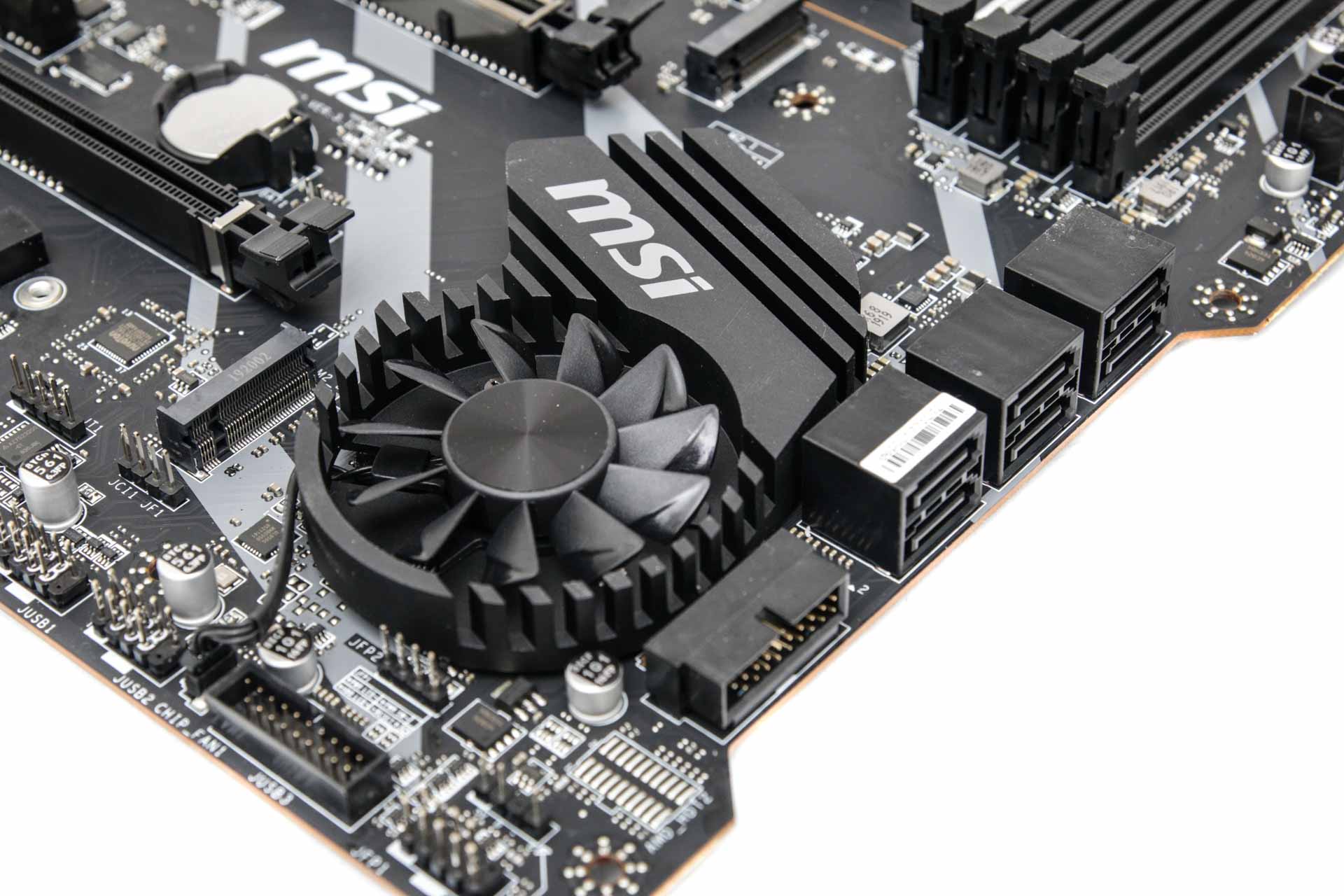
This didn't seem to impact on benchmarks; at stock speed, even with the Ryzen 9 3900X, things appeared to be fine. That said, we'd still have concerns about using this board for hefty overclocks and/or for AMD's upcoming 16-core Ryzen 3950X or sustained periods of heavy load. The heatsinks themselves seemed to be doing a good job and are a reasonable size, but they're not linked by a heat pipe either to each other or to any other areas of the board.
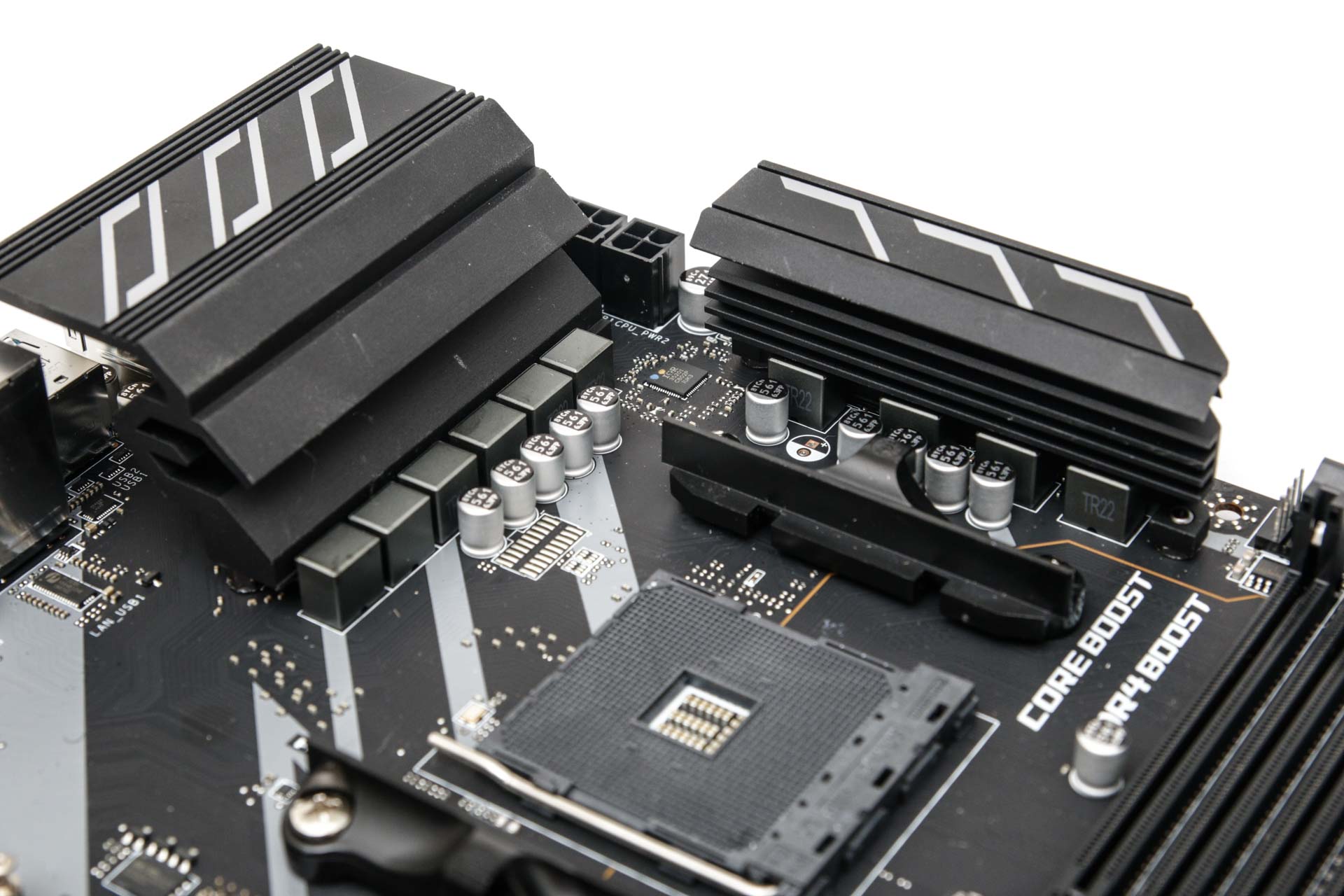
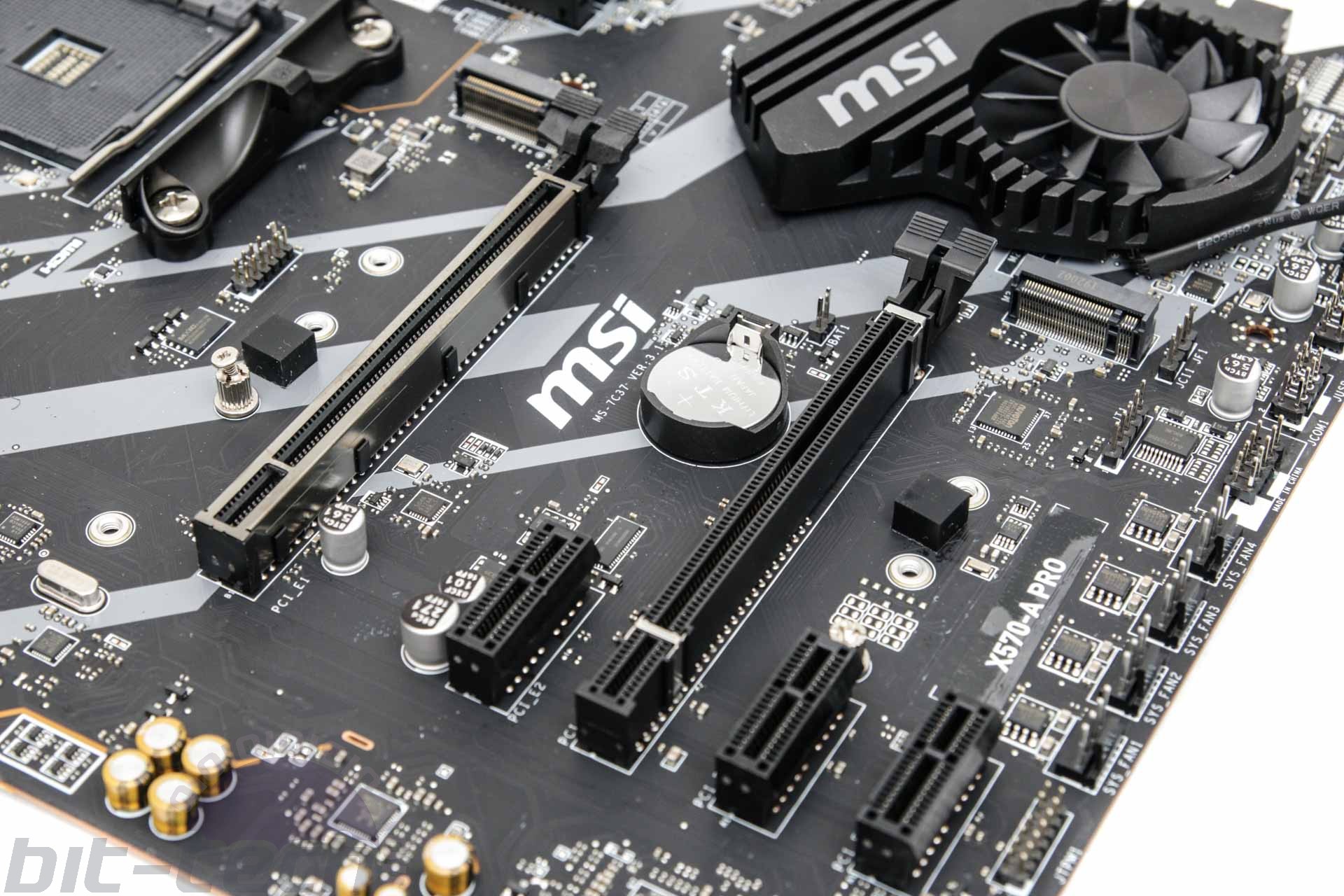
There are two M.2 ports, but only one offers PCIe 4.0 support, with the second lower slot limited to PCIe 3.0 or SATA M.2 SSDs. There are also no heatsinks, so you'll be forced to use the one included with your SSD. Interestingly, rather than opt for the full six SATA ports from the X570 chipset, MSI has chosen to include an ASMedia ASM1061 controller for two of the six ports included. Both 16x slots support PCIe 4.0, but the three 1x slots are again limited to PCIe 3.0.
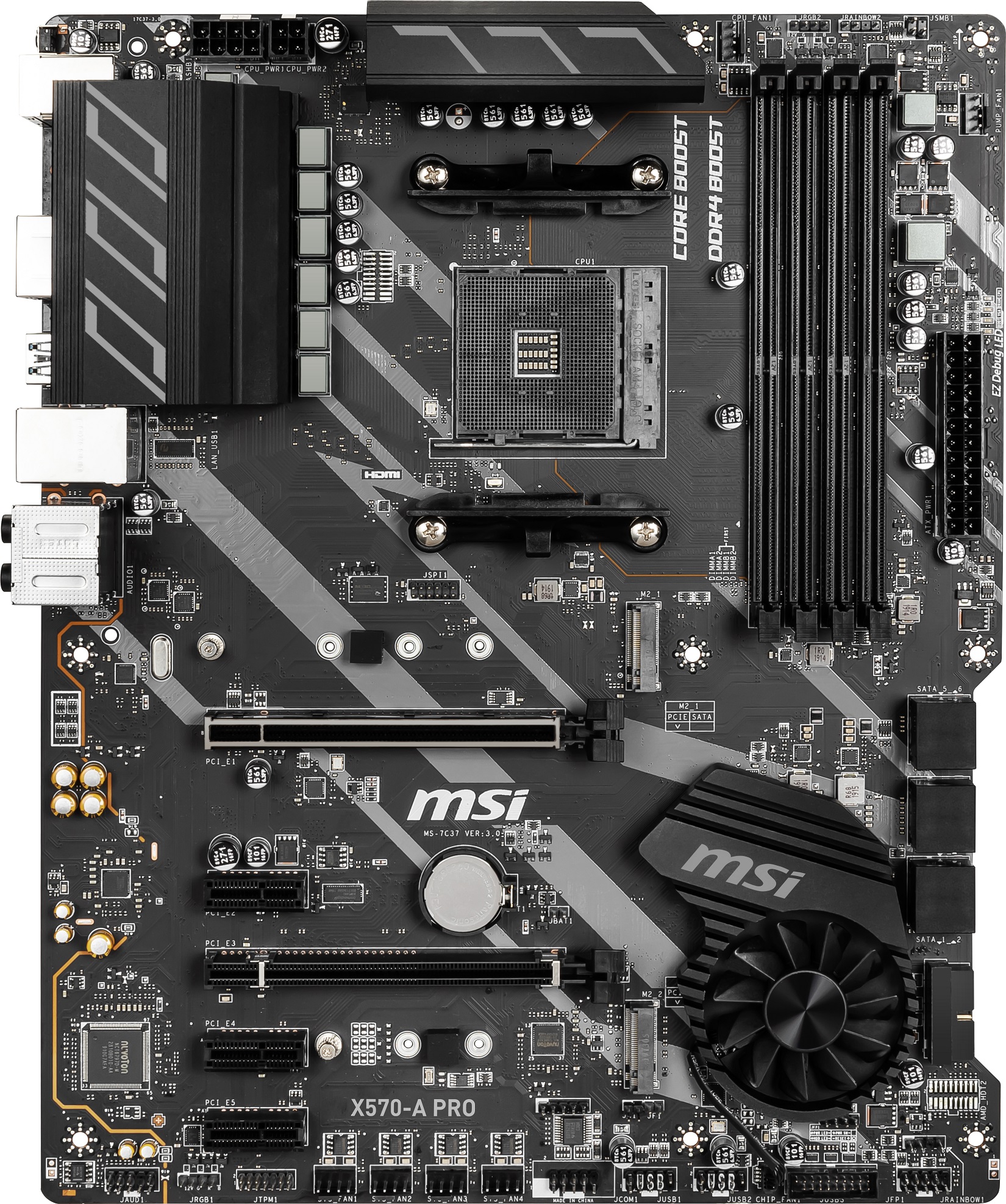
The layout is mostly fine, as there aren't too many components to get in the way. However, one issue we did encounter was the location of the fan headers. The majority of these are, for some weird reason, located at the base of the PCB with four of the six headers on the PCB squished together here as if they'd been forgotten and added at the last minute. This wouldn't normally be an issue, but with the CPU fan and pump headers the only ones located on the top half of the PCB, rear case fans and possibly some case fan hubs are at risk of requiring extension cables.
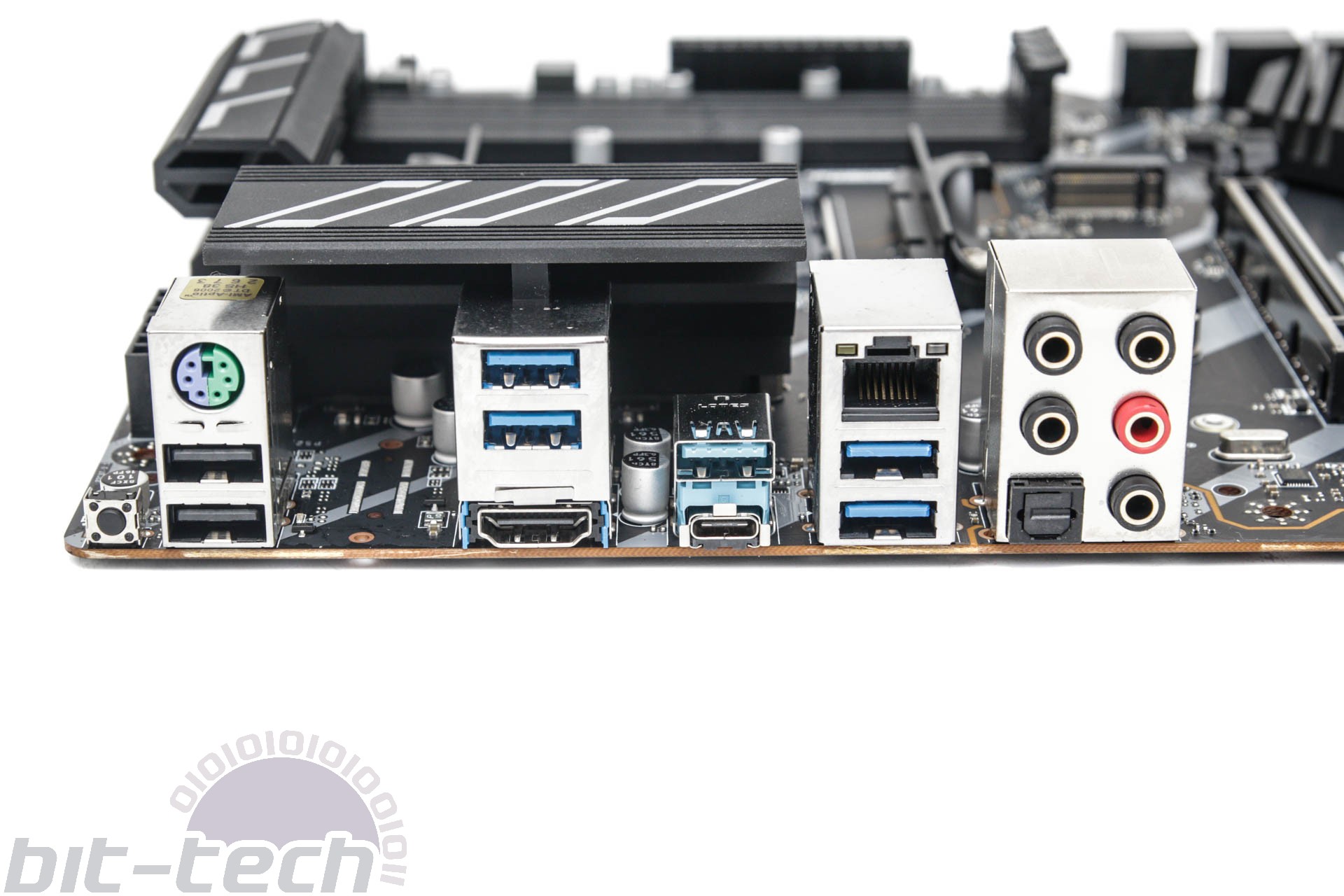
There's a generous seven Type-A USB ports, with four of these being USB 3.0 (USB 3.1/3.2 Gen 1) and one being full-speed USB 3.1 (Gen 2). This latter port is joined by a USB 3.1 Type-C port, but there's no USB 3.1 Type-C header on the PCB. You don't get Wi-Fi and LAN connectivity is limited to a single Realtek-powered Gigabit Ethernet port, but there is onboard Realtek ALC1220 audio with the full complement of audio ports, plus MSI also includes a handy USB BIOS Flashback button.
Specifications
- Chipset AMD X570
- Form factor ATX
- CPU support AMD Socket AM4
- Memory support Dual-channel, four slots, max 128GB
- Sound Eight-channel Realtek ALC1220
- Networking 1 x Realtek Gigabit Ethernet
- Ports 1 x M.2 PCIe 4.0 x4 64Gbps up to 22110, 1 x M.2 PCIe 3.0 x4 32Gbps/SATA 6Gbps up to 2280, 6 x SATA 6Gbps, 1 x USB 3.1 Type-A, 1 x USB 3.1 Type-C, 8 x USB 3.0 (4 via headers), 6 x USB 2.0 (4 via headers), 1 x LAN, audio out, line in, mic, Optical S/PDIF out
- Dimensions (mm) 305 x 244
- Extras None

MSI MPG Velox 100R Chassis Review
October 14 2021 | 15:04

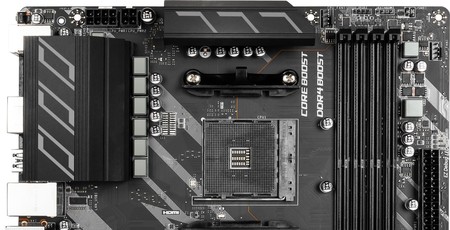
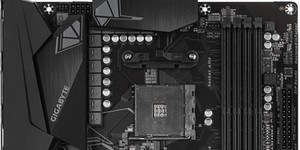
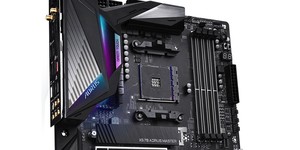
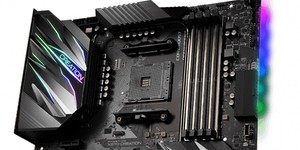




Want to comment? Please log in.